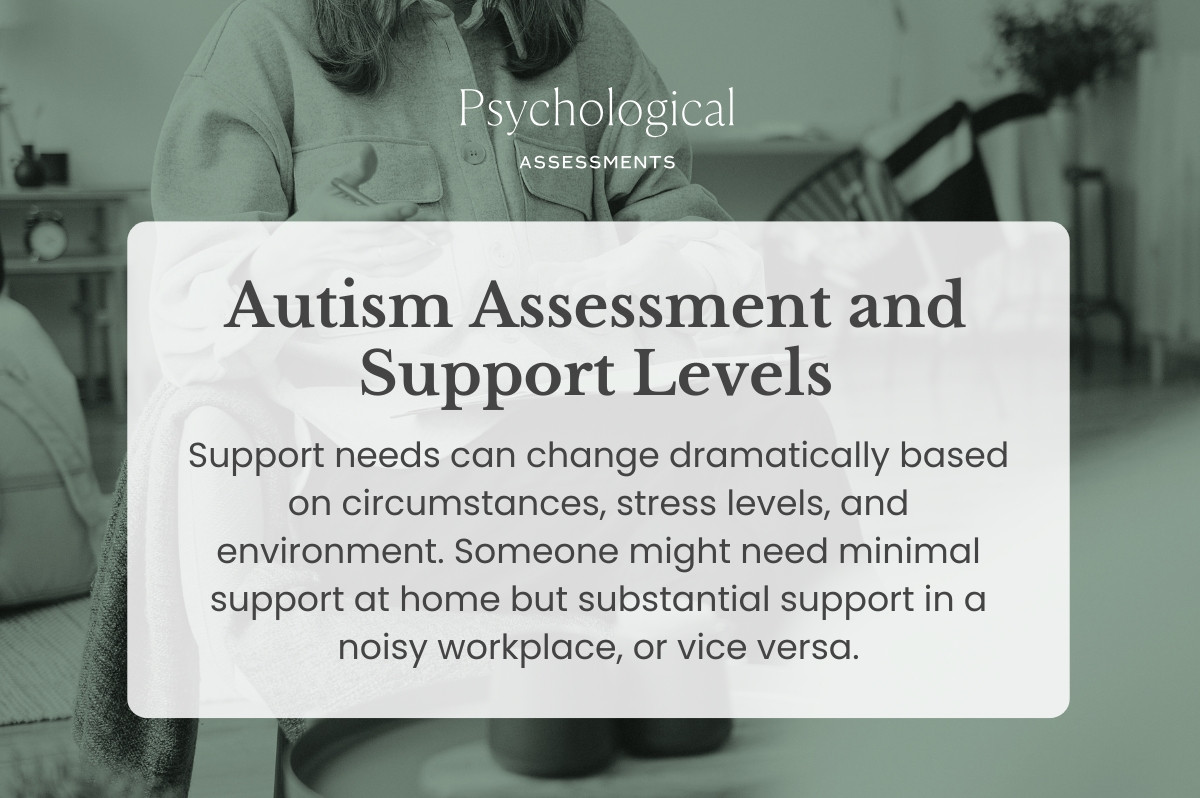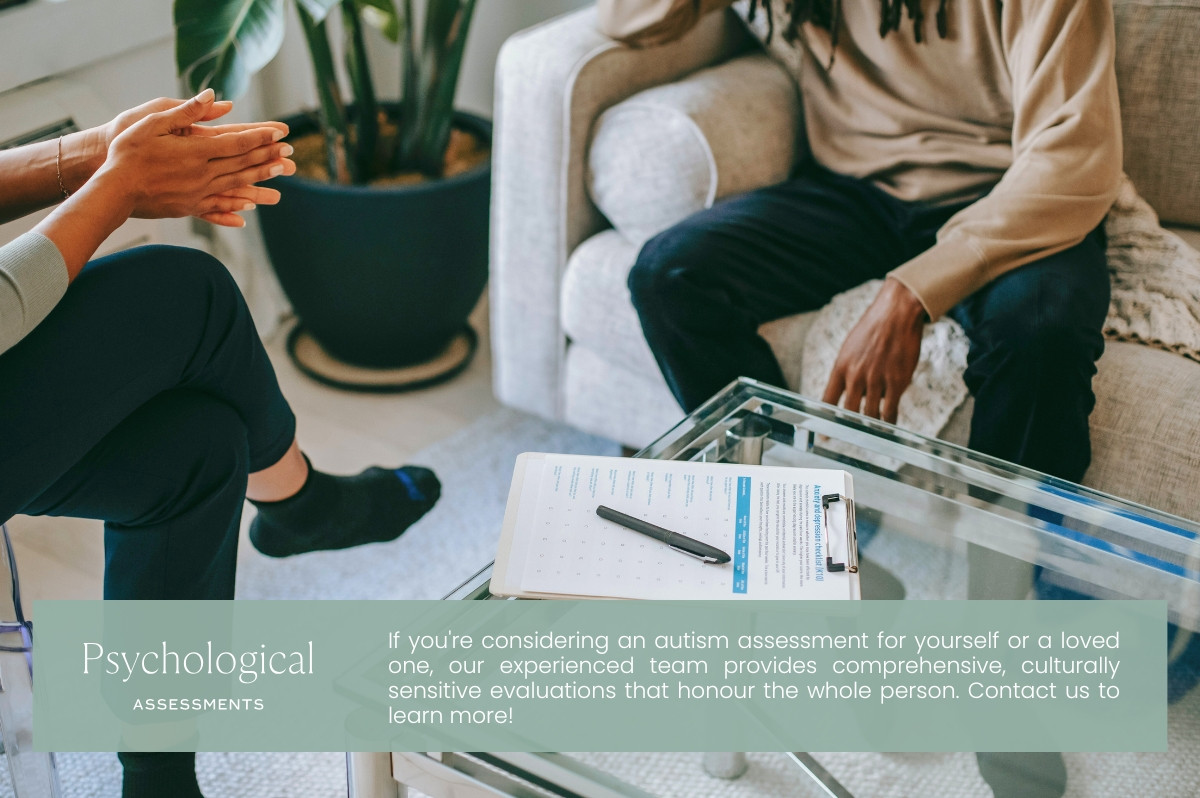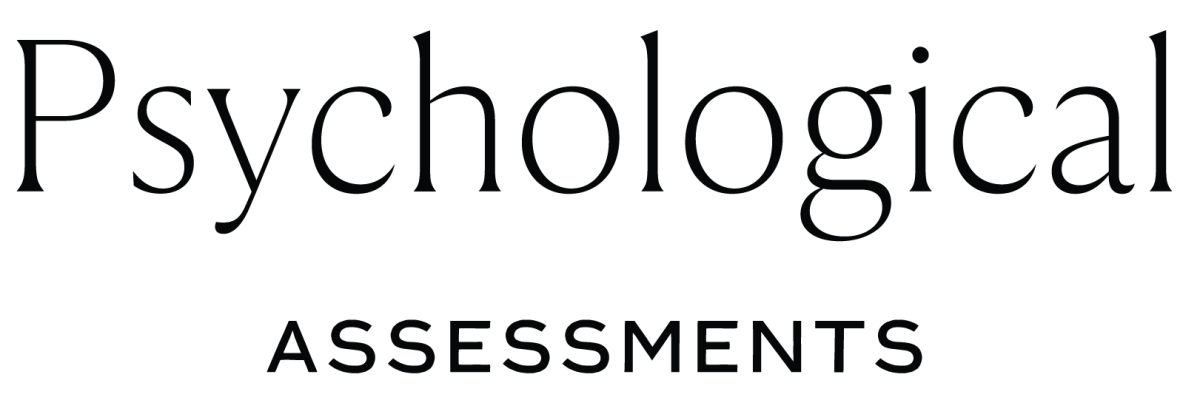Building Awareness Through Understanding
Understanding autism begins with awareness, empathy, and accurate information. Psychological Assessments continues to help individuals and families gain meaningful insights through reliable autism assessments designed to highlight developmental patterns and strengths. These assessments not only identify key characteristics but also guide supportive next steps tailored to each person’s needs. With a focus on clarity and understanding, the clinic also provides ADHD Assessments Brisbane for individuals who experience attention and focus challenges. Through detailed evaluations and thoughtful communication, Psychological Assessments ensures that every client receives guidance that supports wellbeing and fosters a deeper understanding of their experiences.
Welcome back to our comprehensive series on autism. In Part 1, we explored what autism really means and how it shows up in daily life. Today, we’ll dive into the support levels used in diagnosis, the common conditions that often occur alongside autism, and what to expect from the assessment process.
Understanding Support Levels: It’s Not About Severity
When professionals talk about autism “severity,” they’re actually referring to support needs—and this is a crucial distinction. Support needs can change dramatically based on circumstances, stress levels, and environment. Someone might need minimal support at home but substantial support in a noisy workplace, or vice versa.
The diagnostic manual recognises three levels of support:
Level 1: Requiring Support
These individuals can typically:
- Hold full conversations, though the back-and-forth flow might feel different
- Manage most daily tasks independently
- Struggle with transitions between activities
- Need some help with social situations and change management
Real-life example: Sarah works successfully as a graphic designer but needs her manager to give her advance notice of meetings and prefers written instructions rather than verbal ones. She finds office parties overwhelming and needs quiet breaks during busy days.
Level 2: Requiring Substantial Support
These individuals might:
- Communicate in shorter sentences or focus conversations on their special interests
- Need regular support with daily living tasks
- Show more obvious repetitive behaviours
- Require significant help managing change and social situations
Real-life example: Marcus lives in a rental with his brother and works part-time in a structured environment. He communicates well about his interests in trains and timetables, but needs support from his brother with grocery shopping, managing appointments, and social interactions.
Level 3: Requiring Very Substantial Support
These individuals typically:
- May be minimally verbal or use alternative communication methods
- Need comprehensive support for daily living
- Find change extremely challenging
- Require extensive help with safety and self-care
Real-life example: Emma uses a communication device to express her needs and preferences. She thrives in predictable routines and requires 24-hour support, but she’s also an accomplished artist whose work has been exhibited in local galleries.
The Reality of Changing Support Needs
Here’s what many people don’t realise: support levels aren’t fixed. They can change due to:
- Life transitions (starting school, changing jobs, moving house)
- Stress levels (family changes, health issues, global events)
- Environment (new workplace, different living situation)
- Age and development (learning new skills, physical changes)
- Co-occurring conditions (mental health episodes, medical issues)
This is why ongoing assessment and flexible support are so important.
The Complex Picture: Co-occurring Conditions
Autism rarely occurs in isolation. Research shows that autistic people frequently experience other conditions alongside their autism. Understanding this helps explain why support needs can be so varied and why a holistic approach to care is essential.
Mental Health Conditions:
- Anxiety disorders: Experienced by 42-56% of autistic individuals
- Depression: Affects 12-70% of autistic people
- Obsessive-Compulsive Disorder (OCD): Present in 12-48% of cases
- Psychotic disorders: Occur in 12-17% of autistic individuals
Developmental and Learning Conditions:
- ADHD: Co-occurs in 28-44% of autistic people
- Intellectual disability: Present in approximately 45% of cases
- Learning difficulties: Varying types and severities
- Speech and language disorders: Very common
- Developmental Coordination Disorder: Affects up to 79% of autistic individuals
Physical Health Conditions:
- Epilepsy: Occurs in 20-25% of autistic adults
- Sleep disorders: Affect 50-80% of autistic individuals
- Gastrointestinal issues: Frequently reported
- Sensory processing differences: Nearly universal
Why Co-occurring Conditions Matter
Think of it like this: if someone is autistic and also has ADHD, anxiety, and sleep issues, their daily experience is shaped by all these conditions working together. They might:
- Struggle with focus due to ADHD
- Feel overwhelmed by sensory input due to autism
- Experience heightened anxiety in social situations
- Have difficulty falling asleep due to racing thoughts and sensory sensitivity
- Find it challenging to regulate emotions when tired
Each condition influences the others, creating a unique profile that requires individualised understanding and support.
The Hidden Reality: Masking and Late Diagnosis
One of the most significant developments in autism understanding is recognising masking—particularly in females, gender-diverse individuals, and people from culturally diverse backgrounds.
What is Masking?
Masking involves:
- Copying others’ social behaviours and mannerisms
- Suppressing natural autistic traits (like stimming)
- Forcing eye contact and social interactions
- Camouflaging by adopting others’ interests
- Scripting conversations and social responses
Why Masking Happens:
- Social pressure to “fit in”
- Wanting to avoid bullying or rejection
- Professional or educational requirements
- Lack of understanding about autism
- Internalised shame about being different
The Cost of Masking
While masking can help in some situations, it comes with significant costs:
- Chronic exhaustion and burnout
- Loss of authentic identity
- Increased anxiety and depression
- Delayed diagnosis and support
- Physical and emotional health impacts
The Gender Gap: Historically, autism was diagnosed in boys four times more often than girls. We now understand this isn’t because autism is less common in females, but because:
- Diagnostic criteria were based on male presentations
- Girls and women often mask more effectively
- Society has different expectations for male and female behaviour
- Autistic traits in females are often misinterpreted as shyness or anxiety
The Assessment Process: What to Expect
Getting an autism assessment can feel daunting, but understanding the process helps reduce anxiety and ensures you’re prepared.
Comprehensive Clinical Interview:
- Detailed discussion of current challenges and strengths
- Exploration of childhood development and experiences
- Family history and genetic factors
- Discussion of masking behaviours and coping strategies
- Assessment of daily living skills and support needs
Standardised Assessments:
- Questionnaires and structured activities, and interactions to assess and observe social communication and repetitive behaviours
- Cognitive assessment to understand intellectual functioning
- Adaptive behaviour assessment examining daily living skills
Collateral Information:
- Input from family members, friends, or partners
- School reports or workplace observations
- Previous psychological or medical reports
- Questionnaires about childhood behaviours and current functioning
Holistic Approach: Good assessments also consider:
- Cultural background and experiences
- Trauma history and mental health
- Physical health and sensory differences
- Strengths and interests
- Support systems and environment
When to Seek Assessment
Consider seeking assessment if you or someone you care about:
- Consistently struggles with social communication despite wanting connections
- Has intense interests that dominate time and energy
- Experiences sensory sensitivities that impact daily life
- Finds change and transitions particularly challenging
- Has been masking or feeling like they’re “acting” in social situations
- Received other diagnoses that don’t fully explain their experiences
- Recognises themselves in autism descriptions
Trust Your Instincts
If something feels different or challenging, that’s valid. Self-recognition is increasingly common and should be taken seriously. Many adults discover their autism after:
- Their child receives a diagnosis
- Learning about autism from authentic autistic voices
- Experiencing burnout or mental health challenges
- Realising that masking has been exhausting
The Importance of Skilled Assessors
Not all professionals are equally skilled in autism assessment, particularly for adults, females, and people from diverse backgrounds. Look for assessors who:
- Have specific training in autism across the lifespan
- Understand masking and compensatory strategies
- Take a neurodiversity-affirming approach
- Consider cultural and gender factors
- Provide comprehensive, holistic assessments
In Part 3 of our series, we’ll explore evidence-based interventions, practical strategies for daily life, and how families and communities can best support autistic individuals. We’ll also discuss the importance of focusing on strengths and building authentic, fulfilling lives.
Final Thoughts
If you’re considering an autism assessment for yourself or a loved one, our experienced team provides comprehensive, culturally sensitive evaluations that honour the whole person. We understand that seeking assessment takes courage, and we’re here to support you through the process with compassion and expertise.
Find Guidance and Support That Lasts
 Brisbane, the lively capital of Queensland, is known for its riverside charm, cultural diversity, and strong sense of community. Psychological Assessments proudly provides professional autism assessment services throughout Brisbane and nearby suburbs, helping individuals gain meaningful insights and understanding within a supportive and accessible local environment.
Brisbane, the lively capital of Queensland, is known for its riverside charm, cultural diversity, and strong sense of community. Psychological Assessments proudly provides professional autism assessment services throughout Brisbane and nearby suburbs, helping individuals gain meaningful insights and understanding within a supportive and accessible local environment.Understanding autism helps individuals and families navigate life with greater confidence and awareness. To explore more about assessments, visit Psychological Assessments. Our compassionate team can assist those seeking further understanding, including individuals considering an adult ADHD diagnosis Brisbane.






